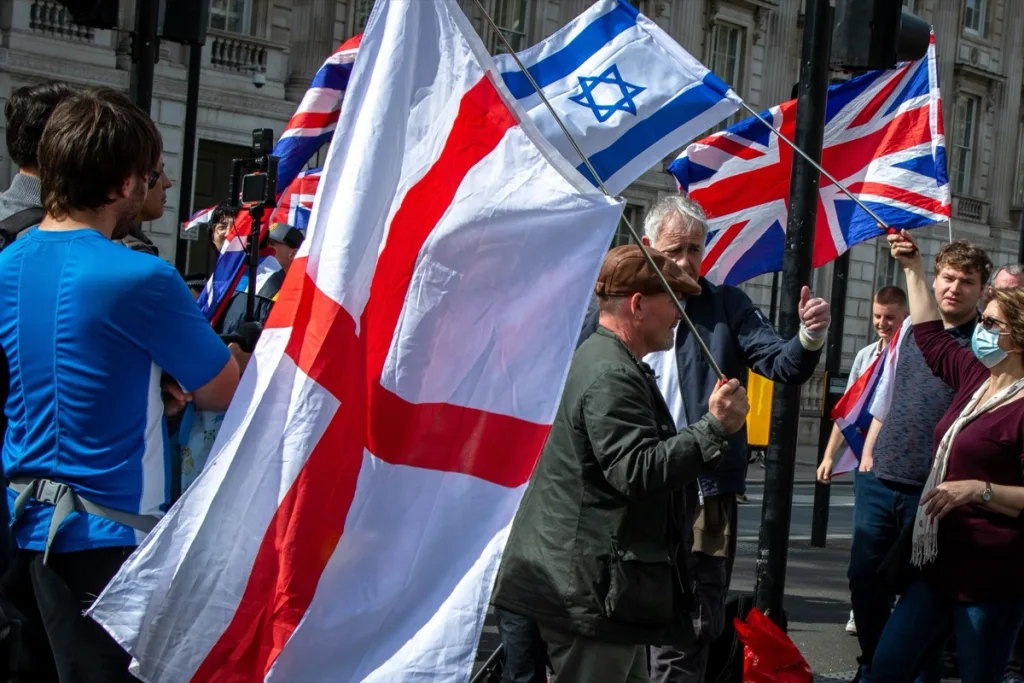
Mosques across Britain face surge in attacks faith leaders speak of fear in local communities.
At least 22 mosques across the United Kingdom have been subject to hate-related incidents since June, community leaders warn, prompting alarm over the targeting of Muslim places of worship as anti-Muslim sentiment appears to become more openly expressed.
Mosques from London and Birmingham to Bradford and Sheffield have faced vandalism, abuse, threats and arson attempts in recent months; and more recently the ‘shocking’ arson attack on Peacehaven mosque in East Sussex.
The scale of these attacks is being seen by faith leaders as one of the most intense periods of mosque targeting in over a decade.
The rise in incidents raises fresh fears about religiously motivated violence across the UK.
On the ground in Yorkshire, imams and civic figures say the wave of attacks has struck a nerve in local communities, eroding a sense of security many had taken for granted.
Imam Qari Asim, co-chair of the British Muslim Network and based in Leeds, said:
“Places of worship must always be sanctuaries of peace and safety – not scenes of fear and hatred.
“We cannot ignore the growing tide of religious hatred in our country.”
In Sheffield, Rabbi Jonathan Romain noted that relations between the Muslim and Jewish communities had long been “one of neighbourliness and cooperation,” and warned:
Meanwhile in Leeds, Councillor Mothin Ali, who represents a diverse inner-city ward with a large Muslim population, described the climate as “tense and unsettling”:
“When places of worship feel vulnerable, congregations start to live with a degree of fear they never should. We must push for stronger protections, more visible policing and urgent political action to reassure all faith communities here in Yorkshire.”
Faith groups in Bradford have also expressed alarm. A leading figure in the city’s mosque network (who requested anonymity) said community centres and prayer halls were increasingly investing in CCTV, reinforced doors, private security and alarm systems – measures that many had previously considered unnecessary.
They added: “It’s not just a building that is attacked – it’s a people, a community. The emotional and psychological impact is profound, especially on worshippers and families who fear becoming targets just because of their faith.”
Campaigners and Muslim community representatives are calling for an urgent review of how the state protects places of worship, especially mosques. They argue that the Home Office’s Places of Worship Security Fund, while a welcome step, is insufficient in the face of rising threats and is too often reactive rather than preventive.
As the next general election looms, faith leaders are calling on political parties to place religious safety and community cohesion at the heart of manifestos. “We cannot let places of worship become battlegrounds,” said one Bradford imam.
“Churches, synagogues, mosques – they should all be safe spaces. If one faith is under threat, we all are.”







